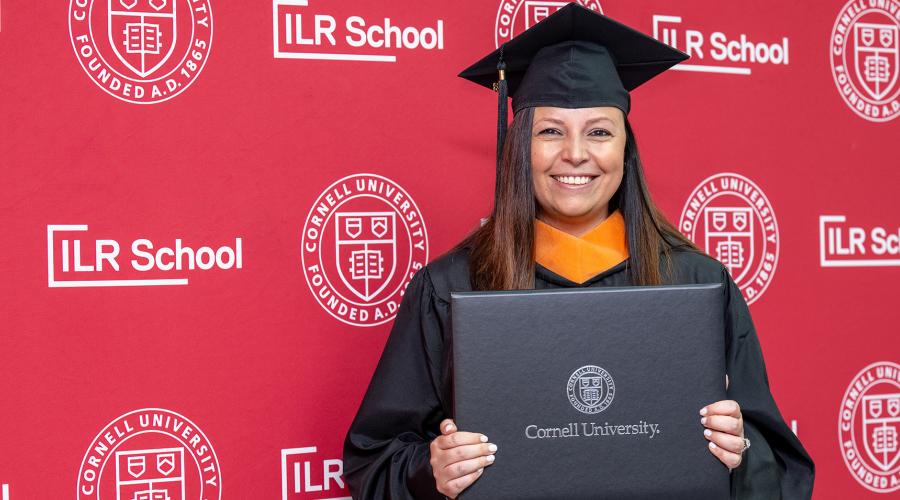
Unlocking Career Advancement
Is Cornell’s EMHRM program worth it?
Investing in a master’s degree is a big decision. With such a substantial commitment of both time and financial resources, is it truly worth it? In this article, we'll delve into the impact and return on investment of Cornell University’s Executive Master of Human Resources (EMHRM) program to help prospective students make informed decisions.
Program Overview
The EMHRM program at Cornell spans 15 months, with the majority of courses offered online. Three residential weeks enable deeper exploration of concepts and valuable network-building.A distinctive feature of the EMHRM is its focus on real-world application. Through a capstone project, students apply the concepts learned in the program to strategic issues within their own organizations. This approach ensures practical relevance and immediate applicability of the knowledge and tools gained throughout the experience.
This unique structure is designed to empower individuals to advance into more senior HR roles, making it an attractive option for those seeking career growth.
The Impact: Career Progression
The program’s potential to significantly propel one's professional trajectory is evident in the EMHRM career impact study:
- 75% of graduates are promoted within two years of graduation.
- 14% of graduates currently hold CHRO or SVP roles.
- 82% of graduates are in roles at the director level or higher.
Graduates point to greater self-confidence, new tools to apply to their work and an expansion of their professional and personal network of HR leaders as outcomes of earning the degree.
Alumni Stories
Gopalkrishna Vennelakanti, found the program’s focus on real-world application most valuable: “My EMHRM capstone project delivered 20% of my KPI at my job, and part of my current job responsibilities came to me because of the project that I chose,” he says. “It’s a very practical program. On Monday morning, I can literally deploy a lot of what I learned and see how it plays out. Then you can course-correct after learning more in the next online course.”
Bethany Solow emphasizes the personal and professional value gained from the EMHRM program. She notes: "The program has brought a confidence that I think I’ve been searching for and I didn’t know I was missing. The consultant role that I’m now able to play by asking really great questions and really ‘pressure checking’ our leadership team has resulted in tangible impacts for our company in a really positive way.”
Jackie Czaplinski underscores the transformation from a transactional HR role to a strategic thought partner: "At Google, we do a lot with analytics and data, and what I've learned has really made me a better HR business partner," she says. "I feel like HR has always been sort of transactional. What this program helps you do is become a strategic thought partner with your business. So you're not just in the room saying, ‘Yeah, we should do that.’ You're sitting there saying, ‘Why? What would be different?’”
The Bottom Line
The positive career outcomes for graduates make it clear that Cornell's EMHRM program is a strategic and worthy investment in career advancement that shapes confident, strategic leaders in the field of HR.